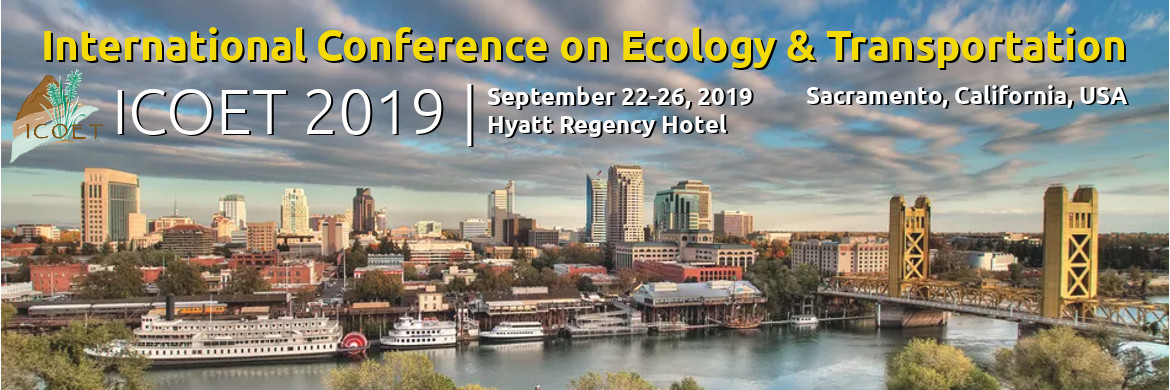Roads are a critical element of human economic development and society, and global rates of road construction will likely rise for the foreseeable future, particularly in Africa, Asia and South America. Roads and traffic have numerous, diverse, and mostly negative consequences for biodiversity and ecosystem function. These impacts include the destruction and degradation of habitat, fragmentation of wildlife populations and their direct impacts through collisions with wildlife and secondary impacts through increased access to previously unattainable natural resources. The science of road ecology (our understanding of such impacts and how these can be minimised) is fairly well-developed in North America, Europe and Australia. However, it is only in its infancy in Africa, which is predicted to experience rapid infrastructure development in the upcoming decades.
Across Africa, much of the transport infrastructure is being built as part of 'development corridors', comprising networks of roads, railways, pipelines and ports that facilitate the movement of commodities. There are over 30 development corridors taking shape across Africa, spanning over 53,000 km in length, and potentially affecting protected areas with high conservation values. For instance, the proposed Cross River Calabar-Ikom-Kastina Ala Superhighway in Nigeria will effectively bisect some of Nigeria's last remaining intact forests, whilst a proposed road to the gold-fields in the Lake Victoria area of Tanzania could bisect the Serengeti National Park and disrupt one of the world's greatest surviving terrestrial wildlife migrations. That these developments are being considered within such high priority areas for conservation and cultural values reflects a broader and alarming trend across Africa as a whole, whereby natural-resource extraction and related transportation-infrastructure development are often seen as the priority land-use, regardless of other factors. Yet successful movement of individual organisms is critical to a species' survival, and facilitating these movements by promoting ecological connectivity has become a central theme in ecology and conservation. Unfortunately, the bridge between ecological connectivity and proposed development corridors has yet to be applied, and advocate for setting standards for increased 'biodiversity-friendly' infrastructure planning.
In this context, we conducted a systematic review of the state of road ecology in Africa, in order to investigate the scale, scope and geographic extent of current knowledge. Using the results of the review, we identified gaps and priorities for future research, management and policy formulation.
